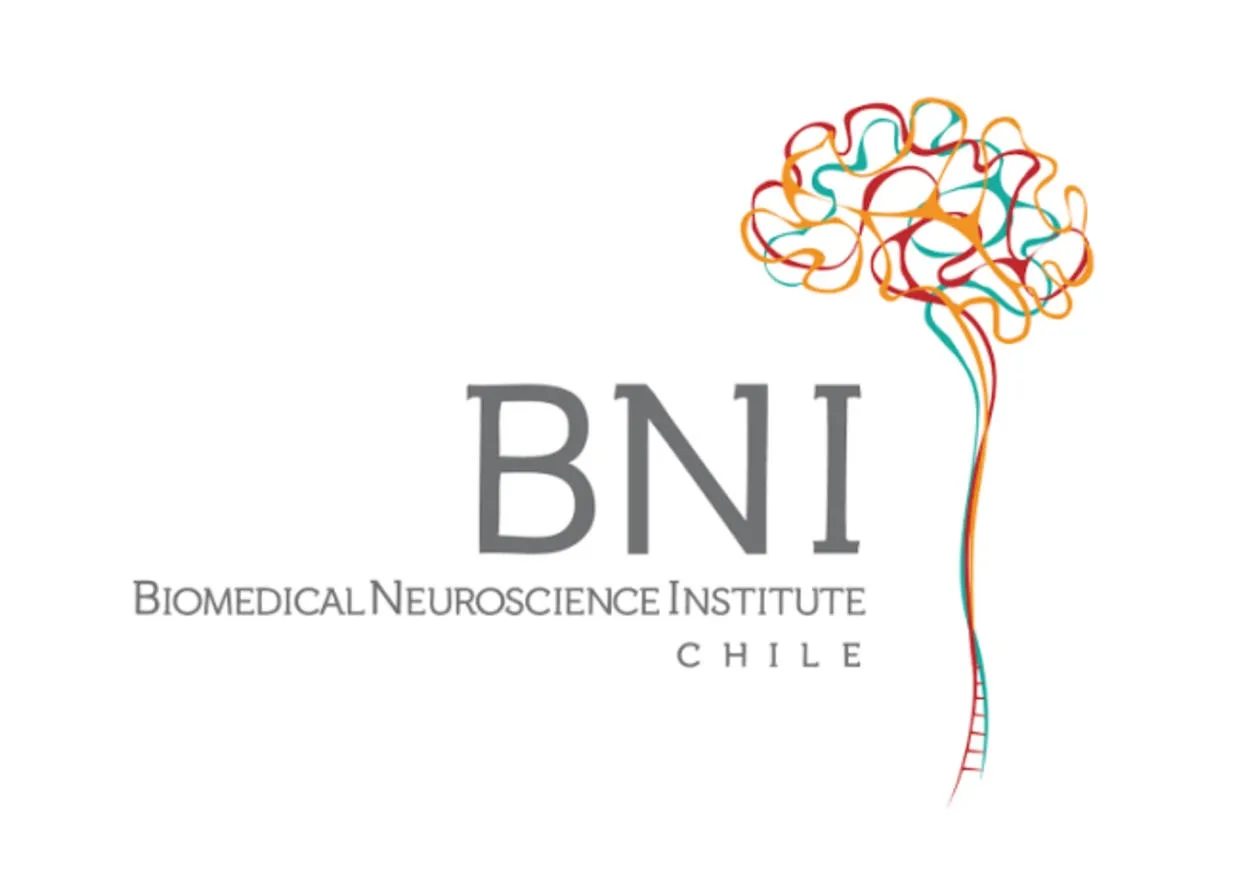Scientists from the Millennium Institute of Biomedical Neuroscience in Chile have discovered a cell mechanism that could help fight metabolic diseases such as diabetes or obesity, researchers reported.
The finding is based on the study of molecular sensors, systems responsible for detecting stress in the cell, and that would also have a fundamental role in energy production, explained Dr. Claudio Hetz, director of the BNI and professor at the Faculty of Medicineof the University of Chile.
The research, which was published in the most recent digital edition of Nature Cell Biology, established that molecular sensors are not anywhere in the cell, but in a specific compartment that communicates two fundamental parts of it, the factory of the factory ofproteins (endoplasmic reticulum) and its energy matrix (mitochondria).
The function of these sensors has been studied for a long time, but they had not been related to energy metabolism, nor with the possibility that they were used as therapy in diseases such as diabetes.
This happened, according to Hetz, when they asked "what function the sensors have, which maintain the balance of proteins" and discovered that, "in the absence of stress, that is to say in a normal cell, they affect the production of energy of it, itsmetabolism".
"Now we are trying to understand how the cell adapts and repairs against cell stress, which is important for the understanding of diseases and therapies," he explained.
To reach this result, the team mixed several study methodologies, in addition to working with genetically modified animal models as mice, and mainly, it had a multidisciplinary collaboration from several laboratories in Chile and other countries, such as Belgium, France and the United States.
In the country, meanwhile, researchers from the universities of Chile, Mayor, San Sebastián and the Catholic University collaborated for almost four years.
The BNI of Chile has achieved international recognition in the area of neurodegenerative diseases and their work is mainly oriented to them.
In that context, the institution has led studies at different levels, such as therapeutic strategies with drugs and gene therapy in animal models, with important results that have carried it, according to Dr. Hetz, to be a leader in the area of integrative biology and biomedicineIn Latin America.
"What we do is look for transversal characteristics that could share different pathologies, which are different at the clinical level," he explained.
"Parkinson, Ela, Alzheimer's, Huntington, are neurodegenerative diseases that have a common characteristic: the accumulation of altered proteins in neurons in the brain," he said.
In that line, the Institute has managed to generate pioneer and functional studies to demonstrate the relevance of this type of disease development, analysis that have generated intellectual property and patents that are in the process of graduating internationally, so that the productI arrive at the medical system, he concluded.


